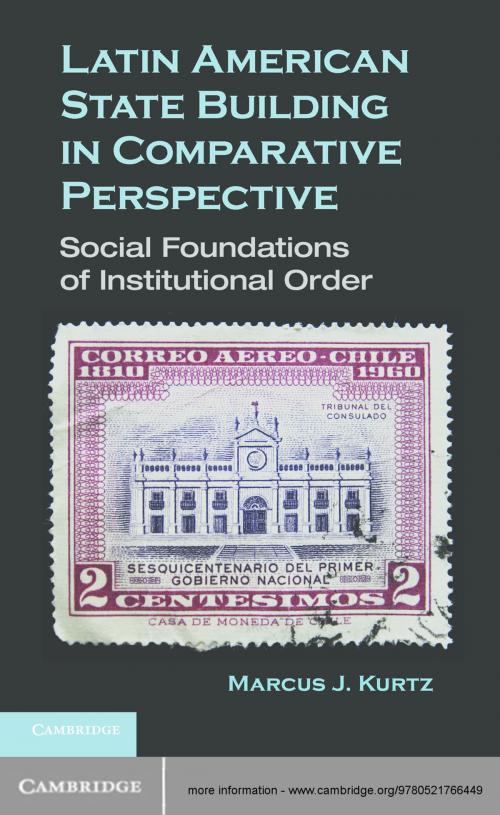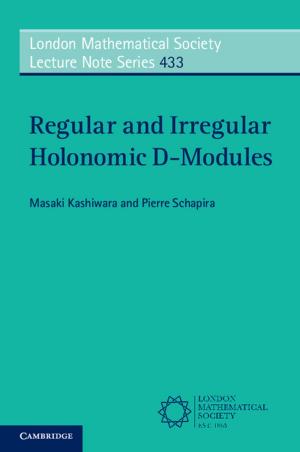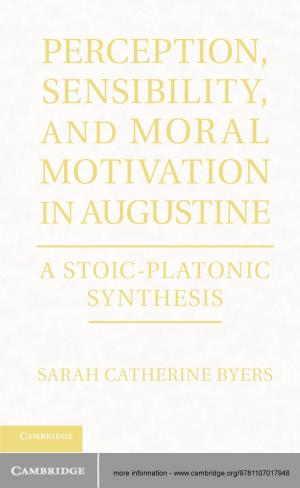Latin American State Building in Comparative Perspective
Social Foundations of Institutional Order
Nonfiction, Social & Cultural Studies, Political Science, International, Foreign Legal Systems, International Relations| Author: | Marcus J. Kurtz | ISBN: | 9781139609777 |
| Publisher: | Cambridge University Press | Publication: | March 18, 2013 |
| Imprint: | Cambridge University Press | Language: | English |
| Author: | Marcus J. Kurtz |
| ISBN: | 9781139609777 |
| Publisher: | Cambridge University Press |
| Publication: | March 18, 2013 |
| Imprint: | Cambridge University Press |
| Language: | English |
Latin American State Building in Comparative Perspective provides an account of long-run institutional development in Latin America that emphasizes the social and political foundations of state-building processes. The study argues that societal dynamics have path-dependent consequences at two critical points: the initial consolidation of national institutions in the wake of independence, and at the time when the 'social question' of mass political incorporation forced its way into the national political agenda across the region during the Great Depression. Dynamics set into motion at these points in time have produced widely varying and stable distributions of state capacity in the region. Marcus J. Kurtz tests this argument using structured comparisons of the post-independence political development of Chile, Peru, Argentina and Uruguay.
Latin American State Building in Comparative Perspective provides an account of long-run institutional development in Latin America that emphasizes the social and political foundations of state-building processes. The study argues that societal dynamics have path-dependent consequences at two critical points: the initial consolidation of national institutions in the wake of independence, and at the time when the 'social question' of mass political incorporation forced its way into the national political agenda across the region during the Great Depression. Dynamics set into motion at these points in time have produced widely varying and stable distributions of state capacity in the region. Marcus J. Kurtz tests this argument using structured comparisons of the post-independence political development of Chile, Peru, Argentina and Uruguay.















